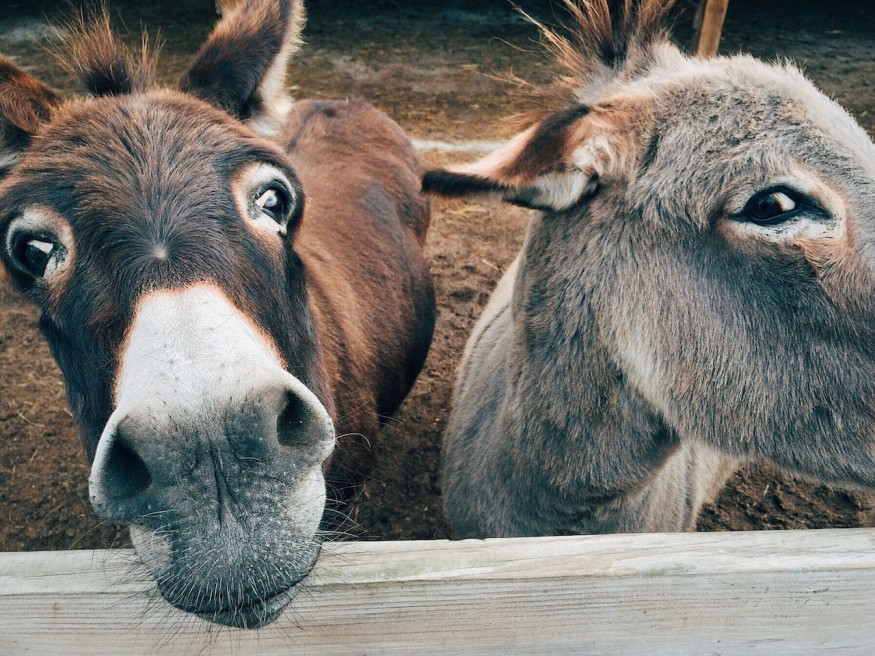Africa has been seeing a decline in their donkey population as skins from the animals are used to access Ejiao collagen, which is thought to harbor miraculous benefits for health.

Miraculous Collagen: Ejiao
According to Newsweek, Ejiao, which is also called donkey-hide gelatin, is taken from proteins from donkey skin collagen. It is thought to help with coughs, insomnia, dizziness, and bleeding.
Pharmacy professor Chales White, from the School of Pharmacy at the University of Connecticut, mentioned to Newsweek that skin collagen is crucial in order to offer smoothness and structure. As individuals age, this collagen breaks down and makes the skin wrinkly and saggy.
The Donkey Sanctuary reports that the collagen from donkey skin is combined with herbs and different ingredients in order to make liquids, pills, or bars for beauty products or edible goods.
Rising Ejiao Demand
There has been a recent spike in Ejiao demand. According to the Conversation, the collagen is priced at roughly $783 for one kilo. The market in China has also seen a heightened value, from $3.2 billion all the way to $7.8 billion. Such variances cover a seven-year span from 2013 up to 2020.
The skyrocketing demand is factored in by numerous things, including product popularity, income boosts, and an aging population. Aside from that, doctors also prescribe Ejiao. Health insurance also covers it at times.
Decline in Africa's Donkey Population
Because of the great demand by the Ejiao industry, more donkeys have been killed just for the production of the ingredient. Most of these donkeys are from Africa, which houses around two-thirds of the roughly 53 million donkeys all over the world. The animals also reportedly support around 158 million individuals' livelihoods.
In fact, in Ghana, having a donkey weekly reduced labor by five hours for adults and ten hours for children. The donkeys also allowed young girls to go to school.
A study of the population of donkeys across South Africa revealed that the numbers went from 210,000 in 1996 down to 146,000 in 2016. Such a decrease is attributed to donkey hide exploitation.
Donkey Exploitation
While Tanzania, South Africa, Senegal, Mali, Niger, Burkina Faso, and Botswana have all regulated, limited, or banned donkey trade, smuggling still takes place. This makes donkey theft increase and enables harsh treatment towards donkeys.
Donkey Sanctuary CEO Mike Baker says that donkeys have never faced such threats in the past. These diligent and dependable animals are going through grave suffering because of global skin trade activities. The donkeys are usually forced to travel long distances, without rest, water, or food. They can also be held in yards for many days without proper shelter, before they get brutally killed.
The South African Institute of International Affairs expressed through a tweet that there is a clear need to regulate Ejiao production. A trade on donkey hide could be possible if countries collaborate and come up with ways to offer sustainable approaches, prevent local interest damage, and counter exploitative trade.
RELATED ARTICLE : Donkeys Unexpectedly Help Save Lives in the Desert, New Study Reveals
Check out more news and information on Animal Welfare in Science Times.











